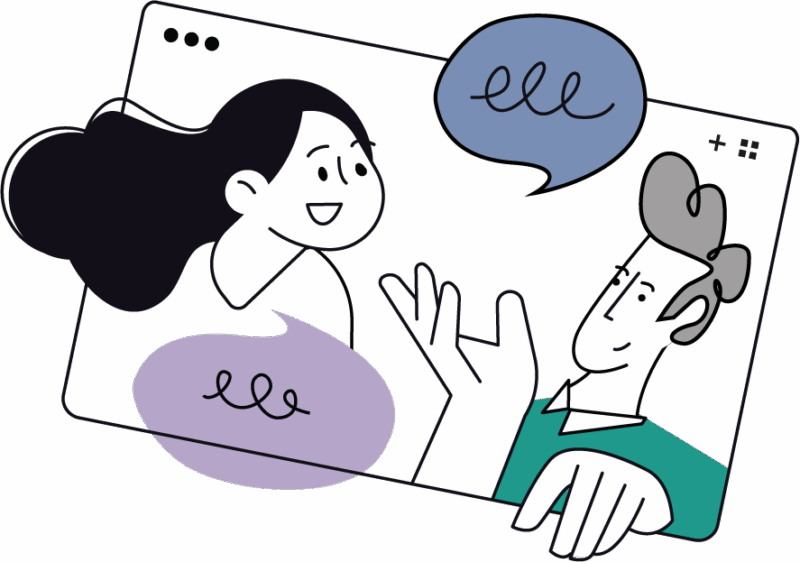We’ve all had people in our lives who offer us (not always solicited) advice about how to be or do better. I wish I had a list of all the suggestions I have received in my lifetime. It would be fun to read and maybe a bit disconcerting to note how many things I ignored or implemented later.
A mentor told me years ago that I needed to implement an intentional delegation policy, focusing on the things I was ‘bad at or didn’t like doing.’ That sounds easy, but as I identified these things, my capital E: Ego kept activating and trying to convince me to hold on to the responsibilities. I struggled not to think that letting go was a sign of weakness. Interesting.
I’ve started a list so that going forward, I can review these and maybe, just maybe, implement change early depending upon how active my Ego is in the moment.
ChatGPT defines Ego as:
The mind’s organizing sense of “I”—the self-model that tracks our needs, beliefs, and roles, mediating between instincts, ideals, and reality. It filters experience, makes choices, defends identity, and can either serve awareness or, when rigid, distort perception and fuel defensiveness.
Did you notice the words ‘defends’ and ‘defensiveness’? After reading that definition, I began to note when I felt defensive. Whew…too often. When delegating, it can be tough on the Ego if the person to whom you delegated questions why you did something. Or, what if they take over a responsibility and their results are better and everyone knows? Ego will react defensively.
What’s the opposite of Ego? According to ChatGPT it’s:
Humility — low self-importance
Selflessness/Service — prioritizing others
Egolessness/Non-Self — loosened identification with “me” (spiritual)
Non-Attachment — not clinging to self-image
Practically: the opposite of ego is caring more about reality and others than protecting your self-story.
Wanting to delegate well, I’m keeping an eye out for my Ego by noting the emotion related to information or an experience. As I’ve done that, something interesting has happened – the E has at times turned to an e. It’s like I know what I would have done or said in Ego mode but now I can pause and choose to be more e or, when I’m on my H game, more humble and focused on prioritizing the needs of others.
– Becky Sharpe, CEO



